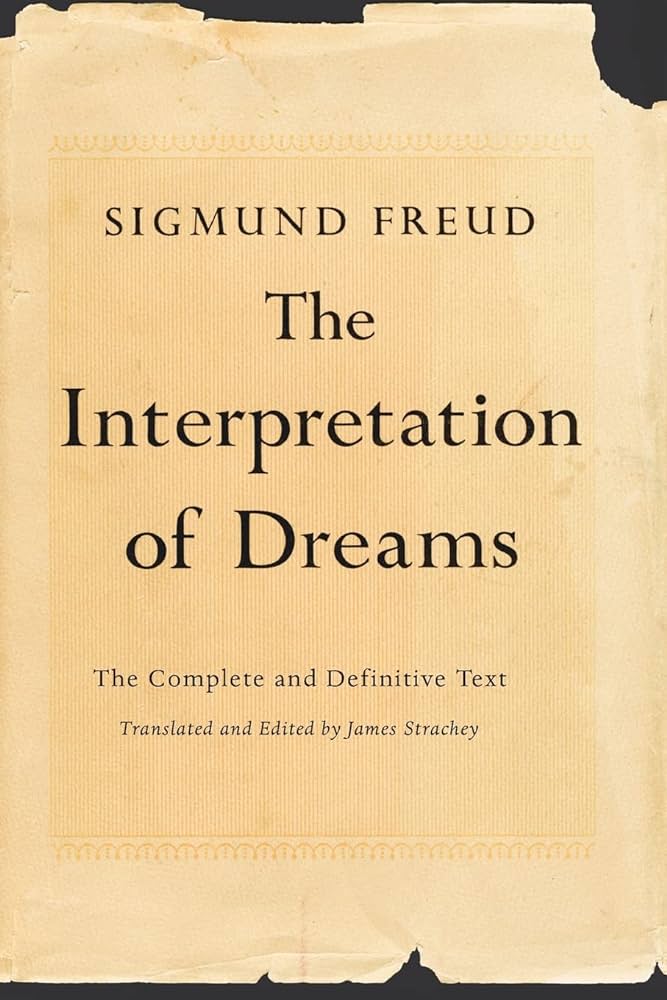One of the key concepts introduced in the book is the idea that dreams are a product of the unconscious mind and that they contain hidden meanings and symbols. Freud argues that dreams are not random or meaningless but are a window into our innermost desires, anxieties, and conflicts. He suggests that through the analysis of dreams, individuals can gain insight into their psychological struggles and unresolved issues.
Freud also introduces the concept of dream symbolism, where seemingly unrelated images and events in dreams can be decoded to reveal their true meaning. This concept has had a lasting influence on the interpretation of dreams and the study of symbolism in art and literature.
In addition to its contributions to dream analysis, "The Interpretation of Dreams" delves into the broader realm of human psychology. Freud explores topics such as repression, the Oedipus complex, and the role of sexuality in human development. He argues that many of our unconscious conflicts and desires are rooted in our early childhood experiences.
While Freud's ideas have been met with criticism and have evolved over time, "The Interpretation of Dreams" remains a foundational work in the history of psychology. It sparked a revolution in how we understand the human mind and continues to be studied and debated by psychologists, scholars, and those interested in the complexities of the human psyche.
Readers should be aware that Freud's writing can be dense and challenging at times, and his ideas have been the subject of ongoing debate and revision within the field of psychology. Nevertheless, this book is a must-read for anyone interested in the history of psychology, the study of dreams, and the development of psychoanalysis as a field of inquiry. It stands as a testament to Freud's intellectual legacy and his profound impact on our understanding of the human mind.




Comments (0)